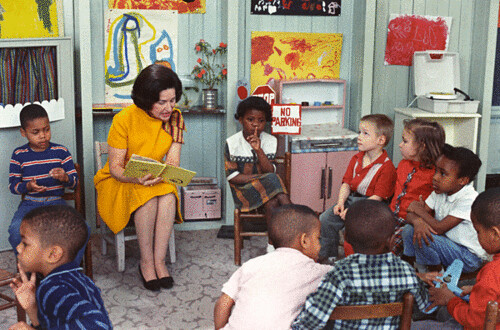Sandoval, Anzaldua, and DuBois: Recommended Works for My Columbia U. Kinfolk
 Ever feel like screaming out book recommendations in the middle of class while your classmates one-up each other in the midst of talking about a seminal theory from an equally seminal theorist? And by seminal, I do mean "Western". That totally was my experience tonight as I sat muted during a discussion about Frederic Jameson and postmodernism in my "Readings in Communications Theory and Social Thought" class.
Ever feel like screaming out book recommendations in the middle of class while your classmates one-up each other in the midst of talking about a seminal theory from an equally seminal theorist? And by seminal, I do mean "Western". That totally was my experience tonight as I sat muted during a discussion about Frederic Jameson and postmodernism in my "Readings in Communications Theory and Social Thought" class.
That said, however, I'm grateful to be a apart of an academic environment that encourages its grad students to take ownership of their education by co-creating the syllabus, thereby co-creating classroom culture. My classmates and I have been granted the task of suggesting readings and movies to be included during the second half of the semester.
I proposed the following readings for the second half of the semester to my Columbia University kinfolk tonight. Here's hoping they agree to at least one of these fine texts. Let me know what you think.
###
Tara L. Conley proposes:
Hey all. I'd like to purpose that more critical perspectives from folk of color to be included in the mix, along with some oppositional/differential consciousness readings from women writers. I propose the following works, particularly as they relate to our discussions on Jameson and postmodernism, citizen-subjects, affective realties, and the rhetoric of progress:
- Methodology of the Oppressed by Chela Sandoval. I propose reading and examining Parts I-III (pg. 14-78). From the introduction, Sandoval writes, "Part I engages in a close textual analysis of Frederic Jameson's investigations of capitalist, socialist, repressive, and emancipatory developments as they occur within the transnational order known as postmodernism. The central problem encountered in Part I is Jameson's assertion that forms of resistance, oppositional consciousness, and social movement are no longer effective under the imperatives of the neo-colonizing mode of globalization he calls postmodernism. Part II . . . counters Jameson's assertion by tracking the U.S. women's social movement from 1968-1988, and identifying the oppositional practices adapted and utilized by U.S. feminists of color, who advanced one of the first essentially 'postmodern' resistance movements of the twentieth century, U.S. third world feminism" (pg. 1-2). The first portion of Part III, Sandoval writes, "lays out the primary inner and outer technologies that construct and enable the differential mode of social movement and consciousness" (pg. 2). Sandoval presents a critical perspective that I assume will spark a lively discussion about the relationship between resistance movements and postmodernism.
- Borderlands La Frontera by Gloria Anzaldua. Considered one of the 100 best books of the twentieth century, Borderlands essentially illustrates through narrative what Sandoval argues through 'high' theory. Published in 1987, Borderands is Anzaldua's single-authored seminal text (her other text, This Bridge We Call Home, co-edited in 1981, is as prolific). She had since expanded on her theories of consciousness up until her untimely death in 2004 (see Interviews/Entrevistas, Making Face, Making Soul/Haciendo Caras, and This Bridge We Call Home). Be forewarned, some might find Borderlands difficult to navigate in terms of language-switching and in terms of content. It's a raw text that forces readers to embark on a different kind of theoretical journey.
- I propose reading and examining the following selected chapters:
- Chapter 3, "Entering into the Serpent" (pgs. 47-61)
- Chapter 4,, "La herencia de Coatlicue: The Coatlicue State" (pgs. 63-73)
- Chapter 6 "Tlilli Tlapalli: The Path of the Red and Black Ink" (pgs. 87-97)
- Chapter 7, "La conociencia de la mestiza: Towards a New Consciousness" (pg. 99-113).
- I propose reading and examining the following selected chapters:
- The Souls of Black Folks by WEB DuBois. If you haven't already read this book, (or perhaps you have but it's been a long time since you revisited the book), then I propose reading and examining the following chapters, particularly as they relate to differential (or double) consciousness and the rhetoric of progress:
- Chapter 1, "Of Our Spiritual Strivings" (pg. 7-15)
- Chapter 4, "Of the Meaning of Progress" (pg. 49-58)